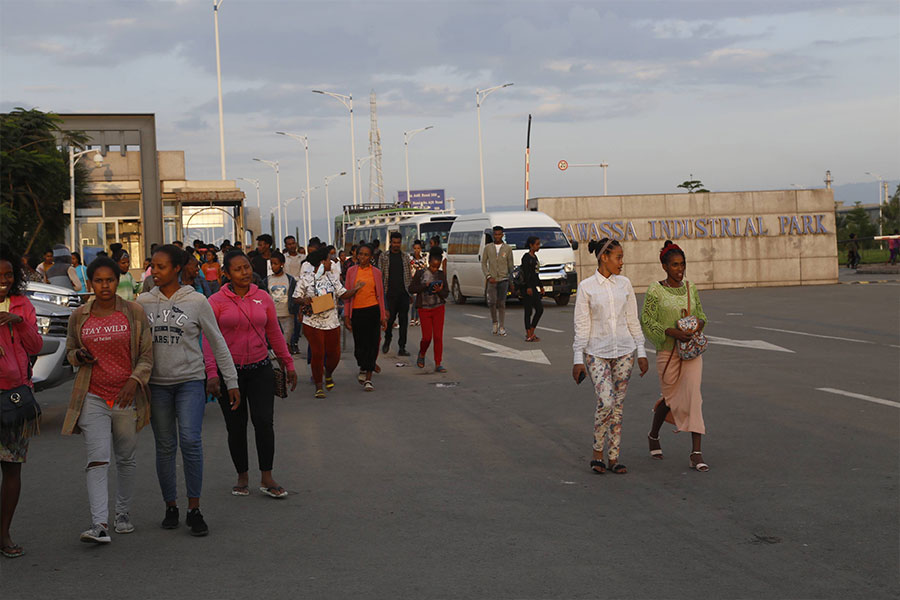
Fortune News | Oct 30,2021
The Oromia Coffee Farmers Cooperative Union invested 50 million Br to build its first coffee roasting and packaging complex at Gelan town in Oromia Regional State.
Expected to start production in two months, the plant will aid the Union by adding value to coffee products and is the first of its kind for the Union that has been exporting green coffee beans for two decades. The plant will roast, grind and package the coffee for local use. It has a capacity of roasting, grinding and packaging 120Kg of coffee an hour.
Sprawling on 2,307Sqm of land, the plant was set up within 18 months of the groundbreaking in July 2018. Walabu Construction, a young local firm that is currently involved in the construction of the Bulbula Integrated Agro-industrial Park & Rural Transformation Center at Shashemenne, West Arsi, completed the project. Yonagu Engineering Plc, another young local firm, supervised the project.
“From now on, we are funneling our investments toward adding value to our coffee,” said Oumer Wabe, general manager of the Union, which was established in June 1999 by 34 cooperatives with 22,691 farmers with capital of 835,000 Br.
The bid for the construction of the plant was first floated in April 2018, and it was initially awarded to Nasew Construction the next month after the company offered the lowest price of 15.1 million Br. However, the contract was terminated since the contractor could not tie a knot on the construction of the complex after seven months following the contract award.
“We had to cut ties with the construction company due to its poor performance and slow development,” said Oumer.
However, the construction company argues that the consultant did not deliver the designs on time, which hindered the pace of the construction.
"There was a communication problem with the management and the consultants," said Temsegn Shambel, an office engineer at Nasew Construction.
Later the Union floated a new tender after discussing it with Oromia Regional Cooperative Agency and awarded Walabu Construction a new contract.
“Currently, the construction of the plant is in its final stage with the installation of a sewage system,” said Oumer.
Topper Roaster, a Turkish manufacturer that exports its products to 146 countries, supplied the coffee roasting machine for 17 million Br. Topper also supplied the automated packaging unit.
When completed, the plant will employ 20 locals to start with, which will further increase when the production ramps up.
The management of the Union is also planning to open a chain of coffee shops in the capital, where it will also sell packed coffee. It has made inquiries to the City Administration for land to open coffee complexes to directly sell its products to users. To cut the expenses of farmers under the union, it plans to construct a storage facility and a laboratory. The farmers had been travelling to other areas for laboratory tests and to store coffee.
It has already started construction of two storage sites and a laboratory in Guji Zone for 38 million Br.
Currently, the Union has 405 cooperatives with over 400,000 farmers and has three coffee processing plants, which are located in Dire Dawa, Gelan and Qality that wash and remove the husks from the green coffee beans.
From small-scale washing to larger scale processing, the country has over 200 coffee processing plants. Other coffee exporters and unions including Mullge Coffee Export, Tracon Trading Plc and Yigreacheffe Union are also en route to open coffee processing complexes.
Yirgacheffe Coffee Union's roasting plant, which is almost done, sprawls across 10,000Sqm of land and is located in Aqaqi Qality District behind Oromia Water Works Construction Enterprise. It is being built at a cost of 16 million Br and has a capacity of roasting 480Kg an hour.
Tracon Trading Plc already set up a roasting plant two years ago, but they are installing new machines being shipped from Germany, Italy and Turkey. The roasting plant is located in Hawas Wereda and rests on 1,300Sqm of land. Currently, it has the capacity to roast 240Kg in each batch.
The number of processing plants has been increasing over the past five years, according to Menelik Habtu, president of the Ethiopian Coffee Roasters Association.
"It is due to the demand spike for processed coffee from the world market,” said Menelik. “There is also a push from the government to expand the growers' and exporters' capacities."
PUBLISHED ON
Dec 28,2019 [ VOL
20 , NO
1026]

Fortune News | Oct 30,2021

Fortune News | Sep 27,2020
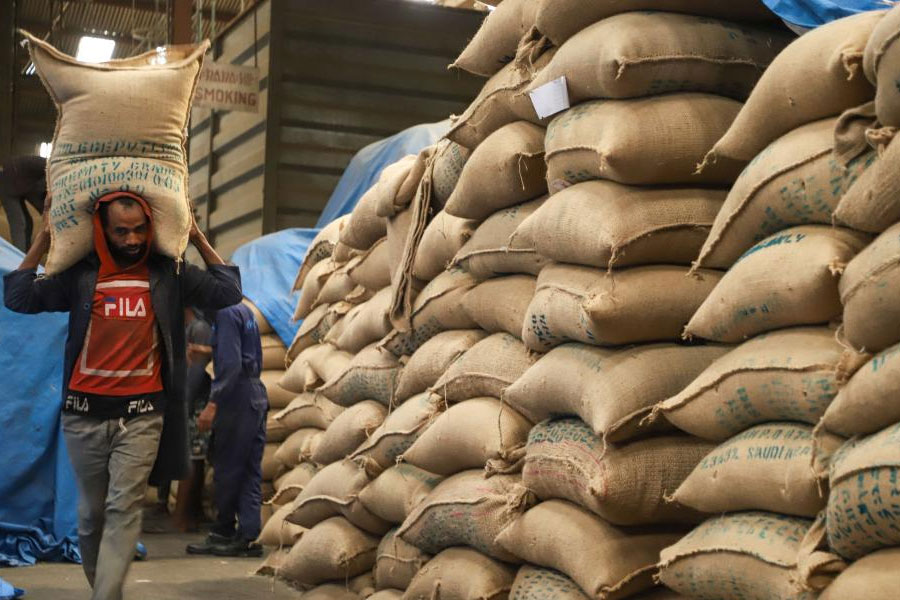
Fortune News | Dec 15,2024
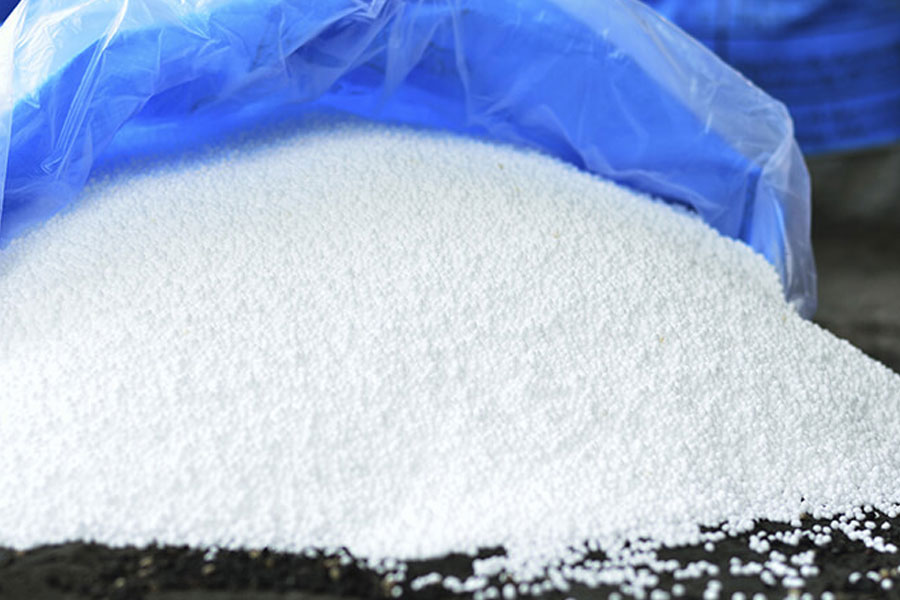
Fortune News | Jun 25,2022

Radar | Jan 09,2021

Radar | Jan 28,2023
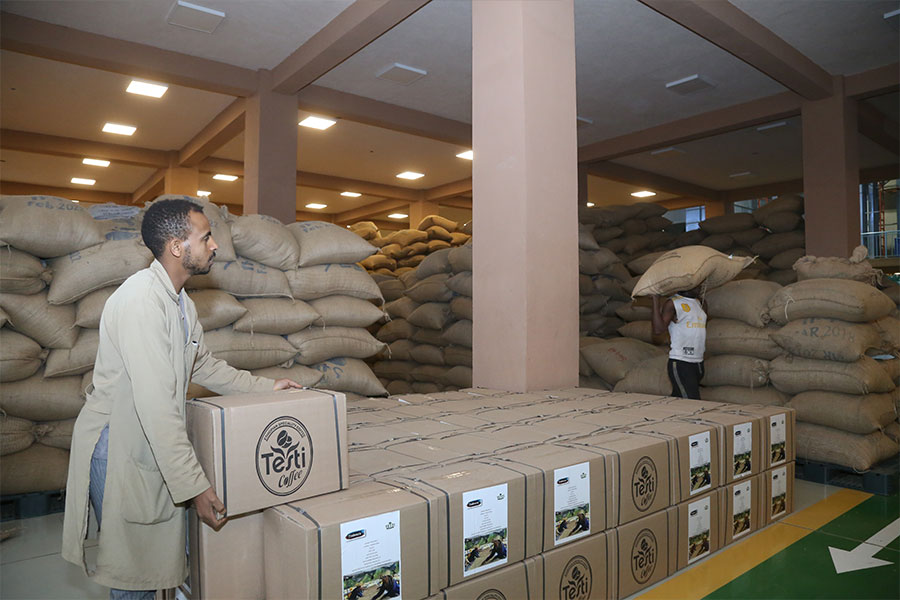
Agenda | Jul 02,2022
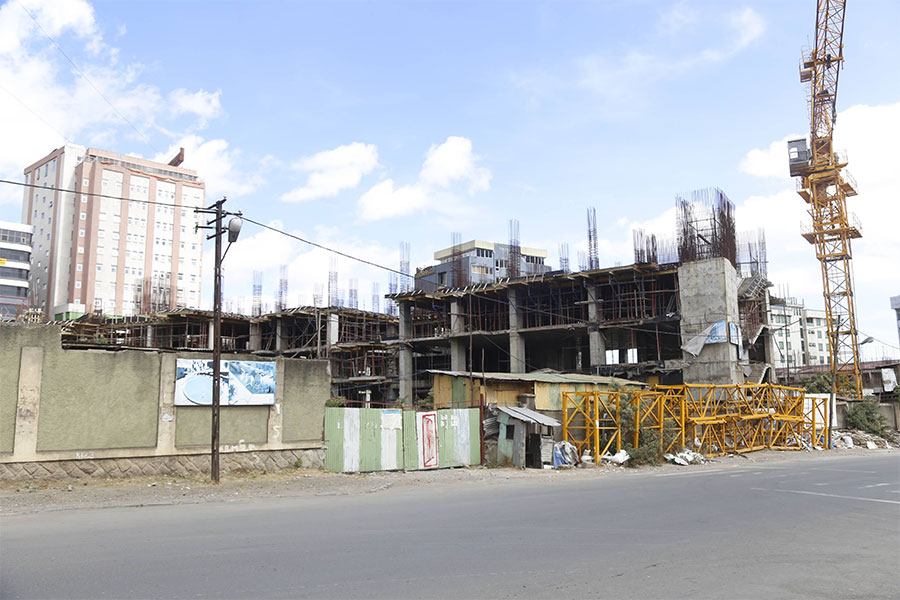
Fortune News | Jan 22,2022

Viewpoints | Nov 25,2023

Radar | Jun 22,2024

Dec 22 , 2024 . By TIZITA SHEWAFERAW
Charged with transforming colossal state-owned enterprises into modern and competitiv...

Aug 18 , 2024 . By AKSAH ITALO
Although predictable Yonas Zerihun's job in the ride-hailing service is not immune to...

Jul 28 , 2024 . By TIZITA SHEWAFERAW
Unhabitual, perhaps too many, Samuel Gebreyohannes, 38, used to occasionally enjoy a couple of beers at breakfast. However, he recently swit...

Jul 13 , 2024 . By AKSAH ITALO
Investors who rely on tractors, trucks, and field vehicles for commuting, transporting commodities, and f...

Jun 28 , 2025
Meseret Damtie, the assertive auditor general, has never been shy about naming names...

Jun 21 , 2025
A well-worn adage says, “Budget is not destiny, but it is direction.” Examining t...

Jun 14 , 2025
Yet again, the Horn of Africa is bracing for trouble. A region already frayed by wars...

Jun 7 , 2025
Few promises shine brighter in Addis Abeba than the pledge of a roof for every family...